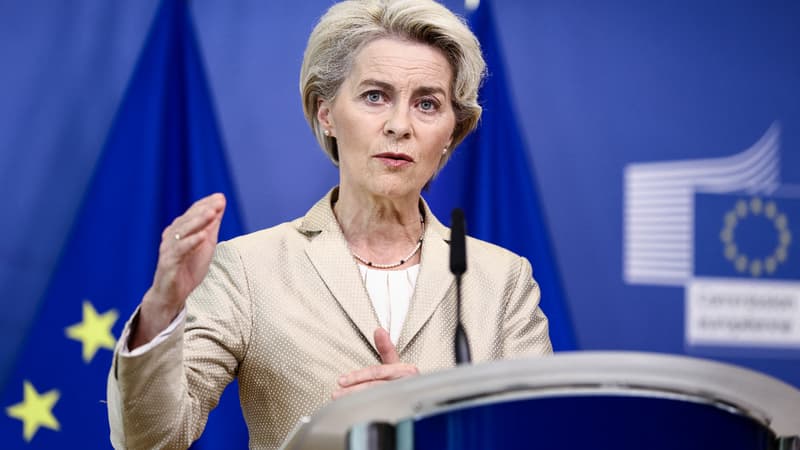The European Commission will extend the temporary relaxation of its rules limiting state aid to companies until December 2023, to allow countries to continue supporting their economies in the face of the war in Ukraine and rising oil prices, it announced on Friday.
In March, less than a month after the start of the Russian offensive in Ukraine, the European executive authorized the 27 member states to grant subsidized loans and subsidies to firms that suffered the impact of the sanctions and the rise in gas prices, Under some conditions.
Scheduled to end at the end of December 2022, this easing of the EU’s drastic rules on state aid extends for one year, in the context of the persistent energy crisis, while Brussels considerably raises the maximum limits authorized for aid to the companies. State support can now reach up to €300,000 in total for businesses in the agriculture, fisheries and aquaculture sectors (vs. €75,000 previously), and up to €2 million in all other sectors (vs. 500,000 previous).
But specifically with regard to the aid granted for the rise in gas and electricity prices (direct subsidies, tax benefits, guarantees, etc.), a company may now receive up to 4 million euros (compared to the 2 million above) -even up to 100 or 150 million for companies in the most energy-intensive sectors (mines, paper mills, chemicals, cement, glass, steel, etc.).
“Energy Efficiency Measures”
The terms and conditions of this aid have been drastically simplified. However, for the companies that receive the most significant aid, state support must be conditional on objectives to reduce the carbon footprint of their energy consumption and “energy efficiency measures”, insists the Commission.
Finally, Brussels is widening the scope of permitted aid, by authorizing states to provide public guarantees to energy companies to help them cover the financial guarantees necessary for their transactions in energy markets, where the level of guarantee requirements has risen, posing serious problems for businesses that need cash.
The revision adopted on Friday “gives Member States more flexibility to put in place adequate support plans, continue to promote the ecological transition, while maintaining safeguards to ensure that aid remains targeted and proportionate,” said the Commissioner for Competition, Margrethe Vestager. “At the same time, this framework maintains market incentives for these companies to further reduce their energy consumption, since they will always have to bear part of the price increase,” she insisted.
Source: BFM TV


